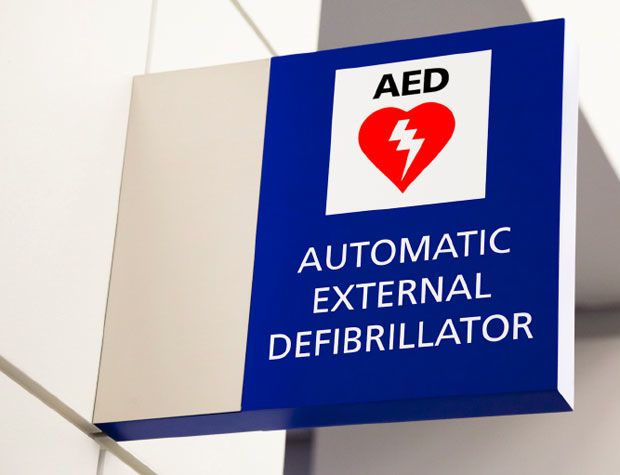FDA Proposes New Rules on Public Defibrillators
The FDA responds to reports of defects plaguing these heart-helping machines
Today the U.S. Food and Drug Administration proposed to tighten its regulation of publicly displayed machines used to shock a stopped heart back to life. Such automatic external defibrillators, or AEDs, have become common in malls, gyms, schools and other public spaces, but they haven't always worked properly in a pinch.
Between 2005 and 2012 the FDA received reports of 45,000 problems with AEDs, many having to do with defects in design and fabrication or in components obtained from suppliers. The agency's proposed rules would require manufacturers to provide clinical results before going to market, submit to an on-site inspection of manufacturing processes and then pass annual reviews of each product's track record.
"The FDA realizes that this is a lot to ask—clinical trials, studies, possibly animal trials, manufacturing approval and so forth all take time to conduct," says Mark Harris, the Seattle-based journalist whose sweeping exposé of the problem, "A Shocking Truth," appeared in IEEE Spectrum in March 2012. However, he adds, manufacturers "have had plenty of time to acquire data and should have been doing so, especially considering the many problems AEDs have experienced."
Ten days ago the article won the Grand Neal Award, one of the highest awards in business journalism.
Philip E. Ross is a senior editor at IEEE Spectrum. His interests include transportation, energy storage, AI, and the economic aspects of technology. He has a master's degree in international affairs from Columbia University and another, in journalism, from the University of Michigan.
